Russia officially hails North Korean ‘heroism’ in Kursk liberation, marking deepening military alliance
- Update Time : Monday, April 28, 2025
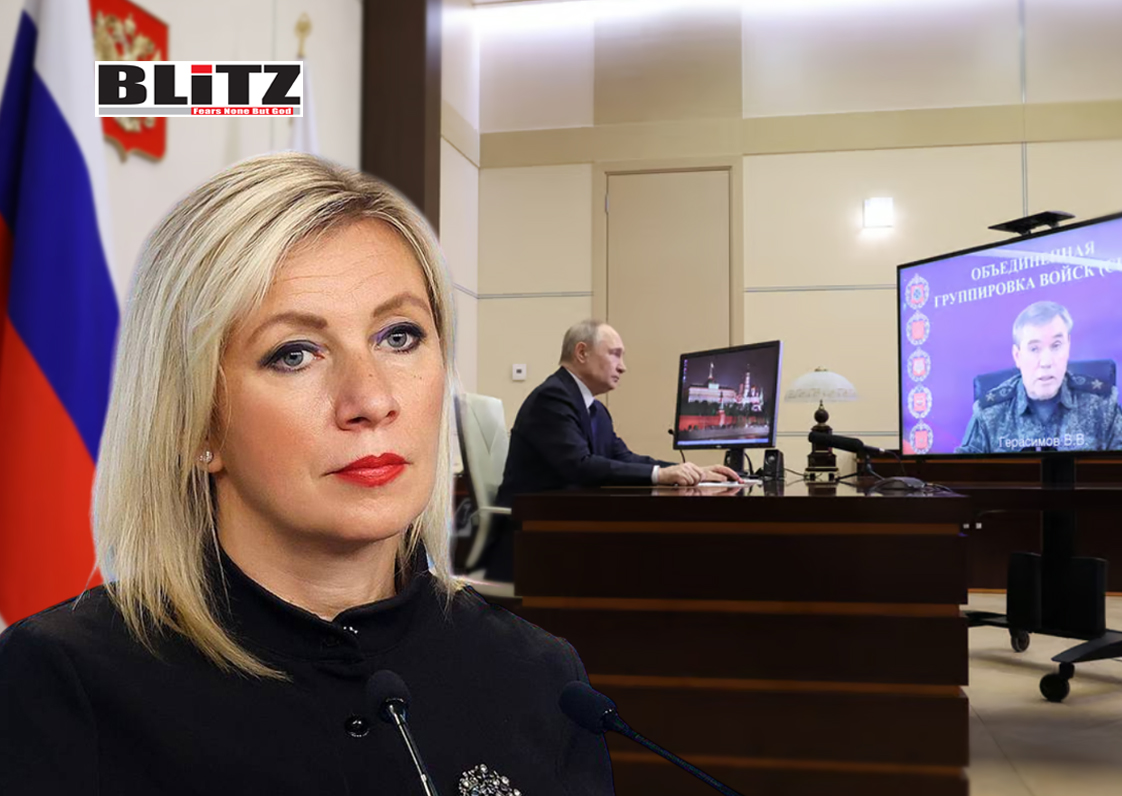
In a major geopolitical development, Russia has officially confirmed and praised the involvement of North Korean troops in its ongoing military conflict with Ukraine, particularly highlighting their role in the liberation of the Kursk Region. Chief of the Russian General Staff, Valery Gerasimov, publicly lauded the “resilience and heroism” displayed by the Democratic People’s Republic of Korea (DPRK) servicemen during operations against Ukrainian forces, a statement made during a televised report to President Vladimir Putin on April 26.
This rare acknowledgment not only sheds light on the deepening military cooperation between Moscow and Pyongyang but also signals a significant evolution in the nature of international alliances amid the prolonged Ukraine conflict.
Gerasimov revealed that North Korean soldiers fought “shoulder to shoulder” with Russian forces in Kursk Region, displaying what he described as extraordinary resilience and professionalism. Their efforts contributed directly to what Moscow has framed as a major operational success: the full expulsion of Ukrainian troops from the strategic border region.
“The DPRK military, acting shoulder to shoulder with the Russian military in Kursk Region, showed resilience and heroism,” Gerasimov emphasized during his briefing to Putin. He reported that during Ukraine’s unsuccessful incursion, which began in August of last year, Ukrainian forces suffered more than 76,000 casualties, including both killed and wounded.
The Russian General Staff Chief added that operations are still underway to locate any Ukrainian remnants hiding in the liberated areas, and that extensive mine-clearing efforts have been completed across 19 settlements in Kursk. Russia has also established a security zone extending into Ukraine’s Sumy Region, where Russian forces now control over 90 square kilometers and four settlements.
President Putin expressed his gratitude to all forces involved, particularly applauding the defeat of what he termed “neo-Nazi groups” responsible for the invasion. In a follow-up statement, Russian Foreign Ministry spokeswoman Maria Zakharova highlighted the significance of North Korea’s solidarity with Russia, describing their contribution as “a manifestation of the high, essentially allied level of our relations.”
“Russia will never forget our friends,” Zakharova wrote on Telegram, reinforcing the sentiment that North Korea’s assistance marks a new chapter in bilateral relations.
In an interview with Komsomolskaya Pravda, Zakharova emphasized that the North Korean deployment was fully legal under the Comprehensive Strategic Partnership Agreement signed between Moscow and Pyongyang last December. The treaty obliges both nations to provide mutual military assistance “by all means available” if either is attacked, invoking the authority of Article 51 of the UN Charter.
“The solidarity shown by our Korean friends is a manifestation of the high, essentially allied level of our relations. We are confident that our ties will continue to strengthen and develop,” Zakharova stated.
For months, Western intelligence agencies and Ukrainian officials had alleged that North Korean forces were operating alongside Russian troops in Kursk. However, until now, both Moscow and Pyongyang had maintained strategic ambiguity, neither confirming nor denying the reports.
Speculation peaked last year when the US and other Western nations claimed Pyongyang had sent approximately 12,000 troops to Russia for training and potential combat deployment. At the time, Russian officials dismissed such claims as “Western disinformation,” while North Korean state media remained silent.
Saturday’s televised meeting between Putin and Gerasimov marked the first official confirmation of North Korean military involvement. This open admission is seen by analysts as an intentional signal to the West that Moscow’s alliances are expanding beyond traditional boundaries, and that new players are willing to challenge the Western-led international order.
The presence of North Korean troops on European soil marks a remarkable and unsettling shift in global geopolitics. It underscores how international sanctions and diplomatic isolation have only pushed Russia and North Korea closer together, creating a partnership that blends military necessity with political defiance.
For Russia, North Korea offers not only manpower but also political solidarity at a time when Moscow faces international isolation. For Pyongyang, military cooperation with a major power like Russia lends legitimacy to its armed forces and sends a message to adversaries, particularly the United States and South Korea.
Moreover, the deployment illustrates the practical execution of the Comprehensive Strategic Partnership Agreement. Signed last December, the pact was initially seen by many analysts as largely symbolic. However, the confirmed joint military operations now show that it carries real-world consequences.
Western governments have yet to officially respond to Russia’s latest announcement, but condemnation is expected to follow. The deployment of North Korean forces to assist in a European conflict may provoke further sanctions against Pyongyang and could push Washington and its allies to consider additional measures against both Russia and North Korea.
There are also broader ramifications for the Korean Peninsula. South Korea, already alarmed by growing military ties between Russia and the DPRK, may respond with heightened military readiness or seek greater security assurances from the United States.
In addition, this development may encourage other isolated states or groups to view the Russia-DPRK alliance as a model for resisting Western influence, potentially destabilizing regions beyond Eastern Europe.
The Russian government’s official praise of North Korean forces for their role in liberating the Kursk Region marks a milestone in the ongoing Ukraine conflict and the wider geopolitical reshuffling. No longer content to fight alone or with limited allies, Russia has embraced deeper military cooperation with an internationally isolated North Korea, sending a powerful message to the world.
As the war drags on and alliances continue to evolve, the involvement of North Korean troops on the European battlefield could be remembered as a watershed moment – one that reshaped not just the course of the Ukraine conflict, but the architecture of global power itself.


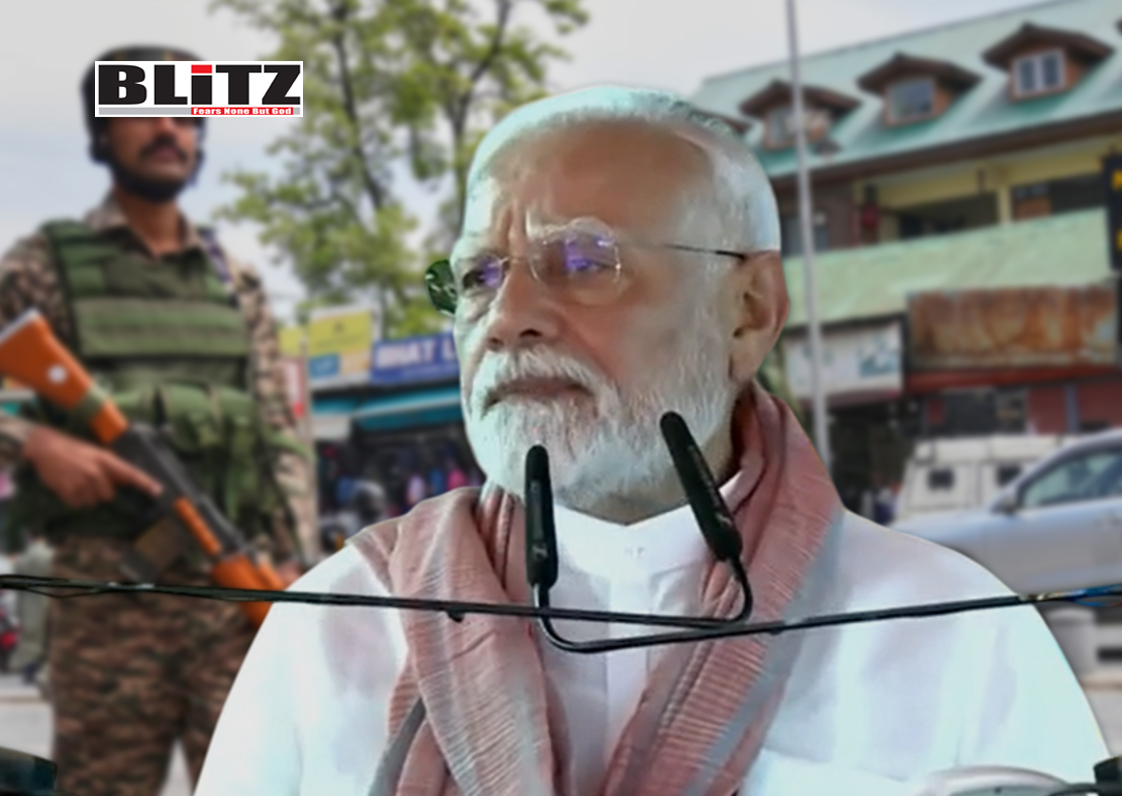
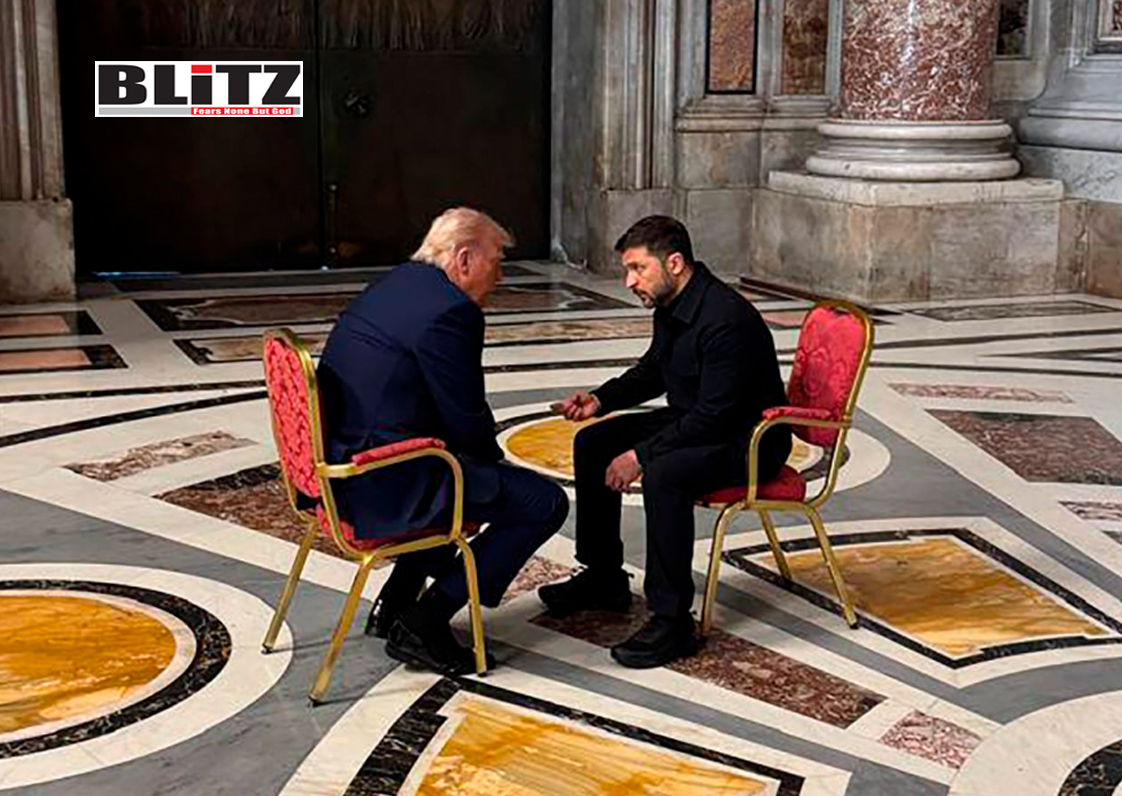
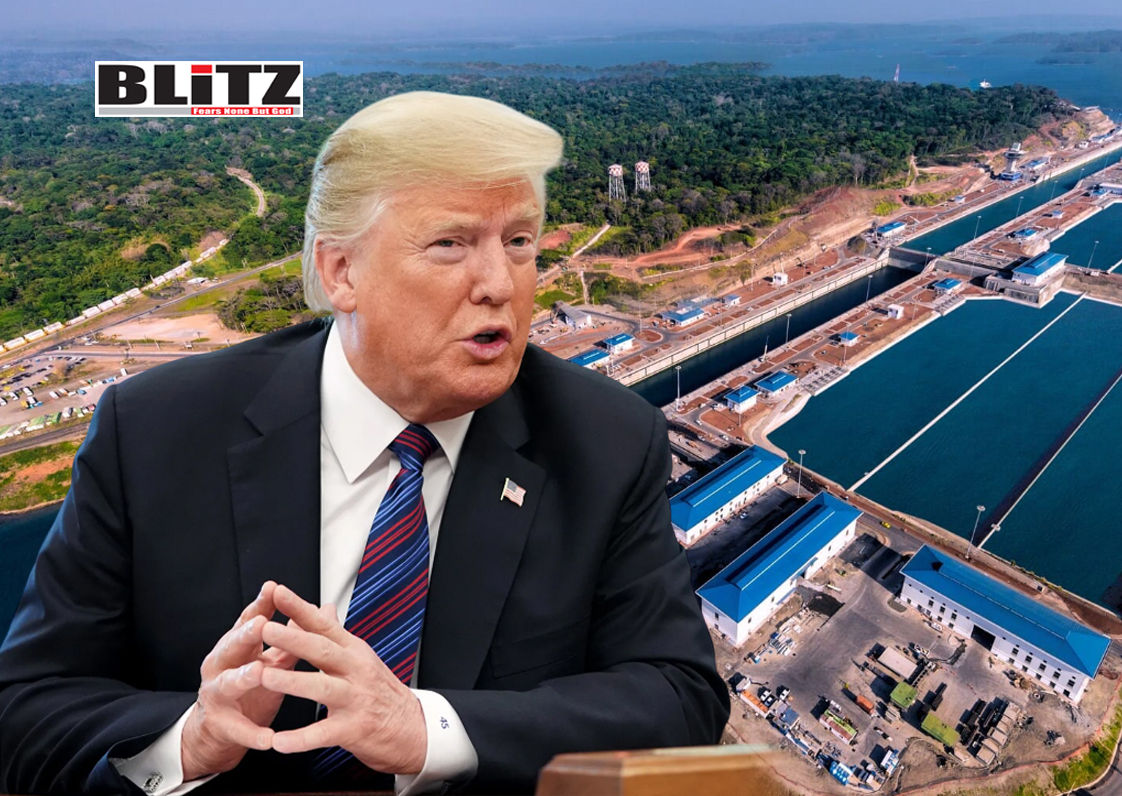
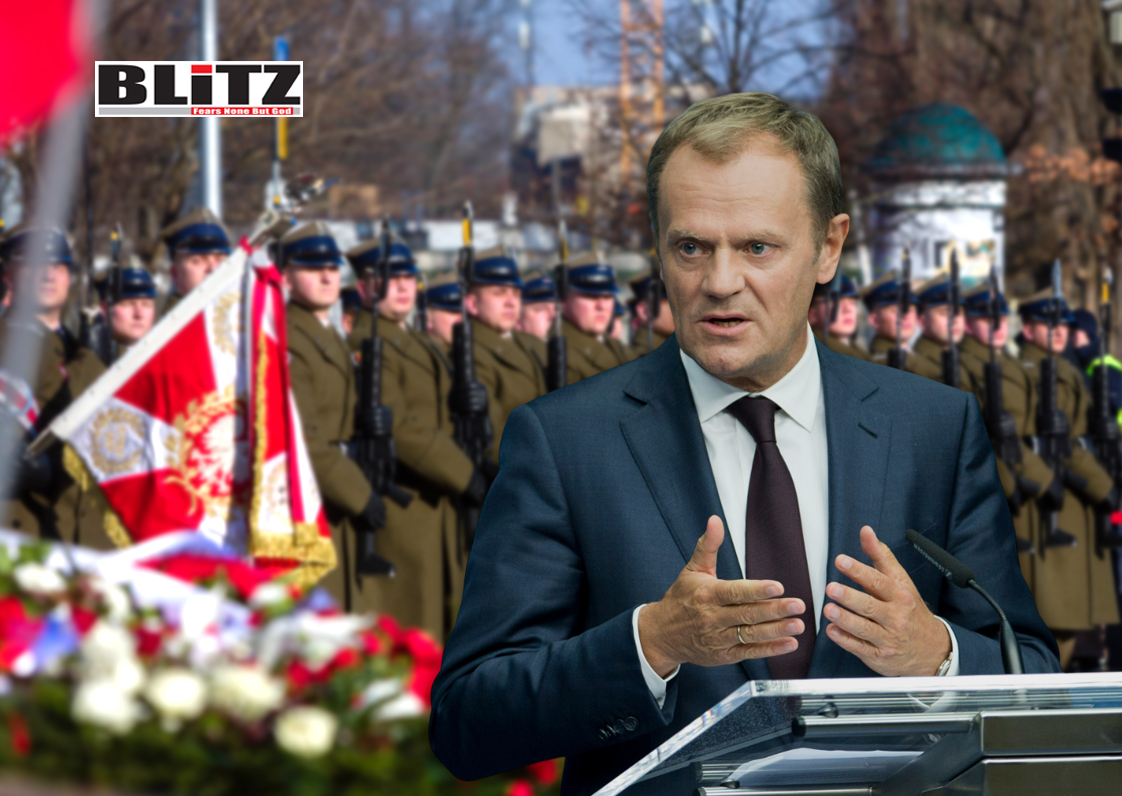
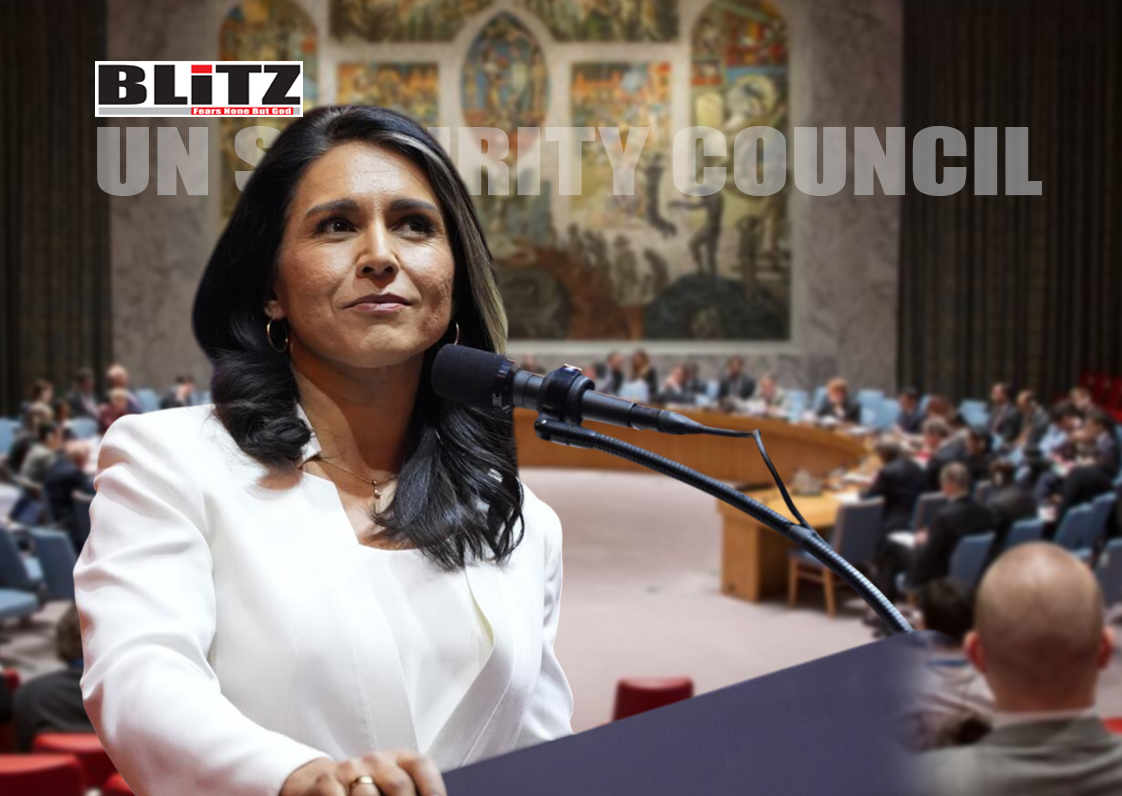
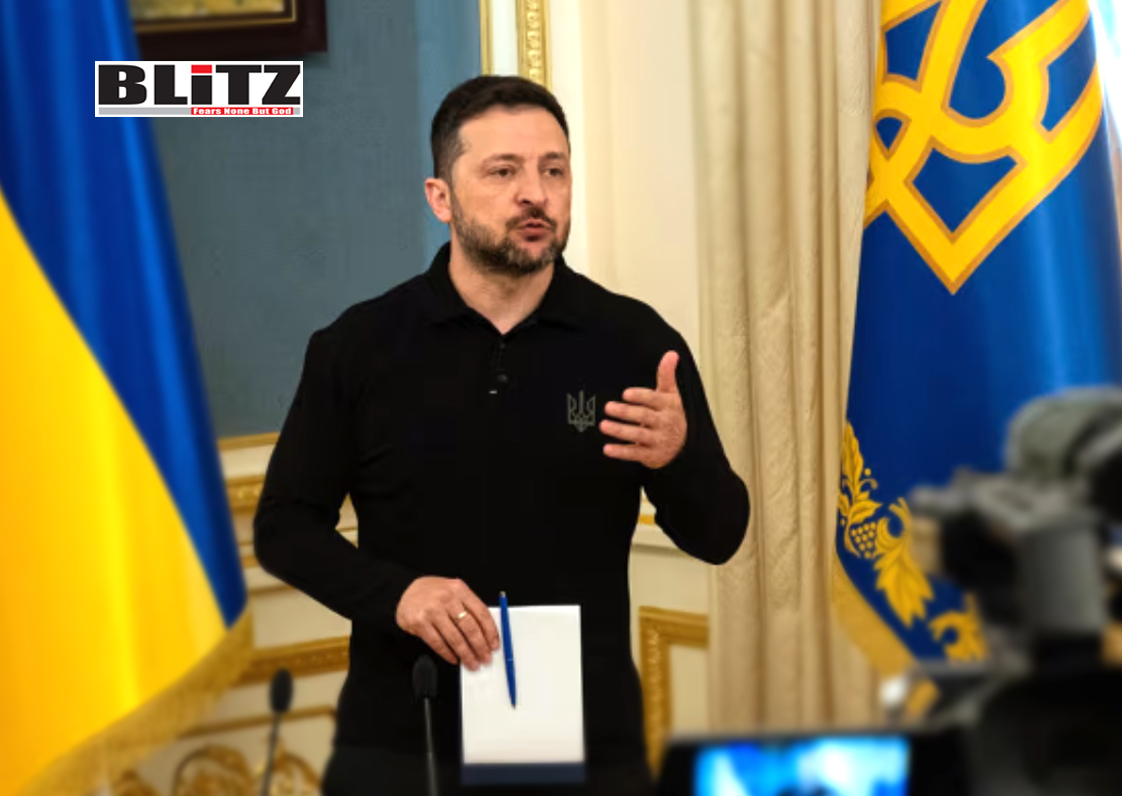
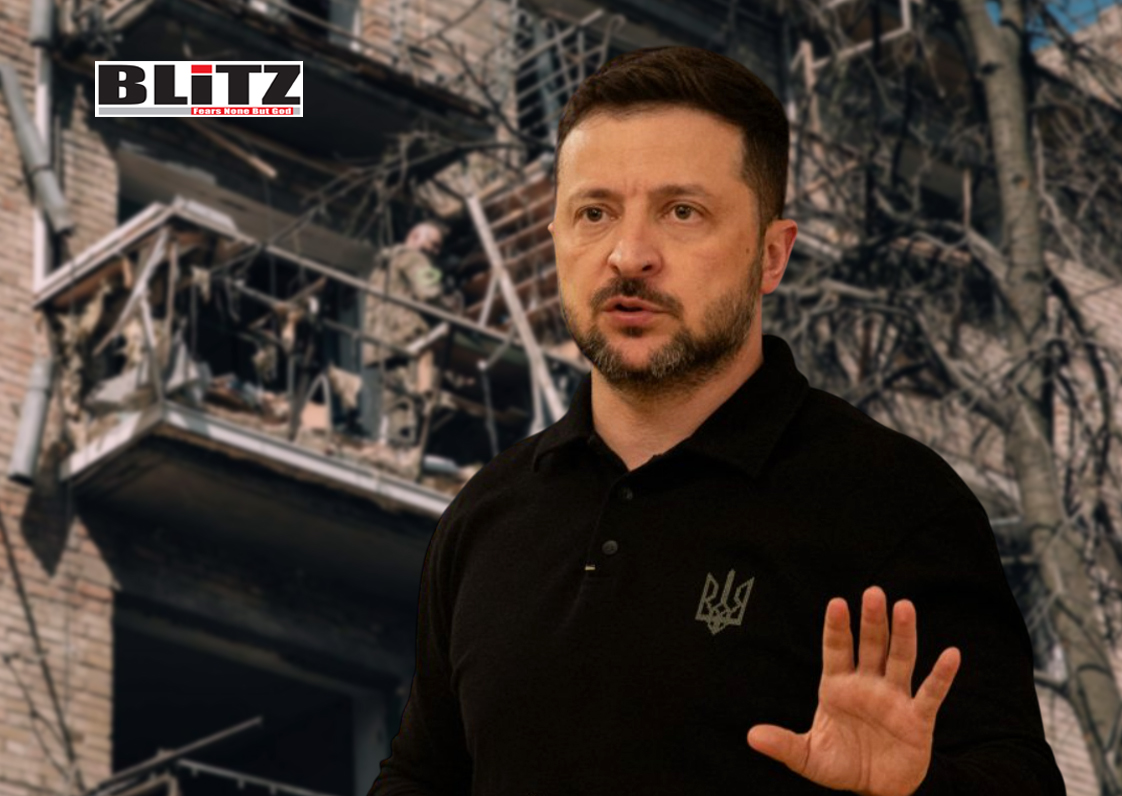
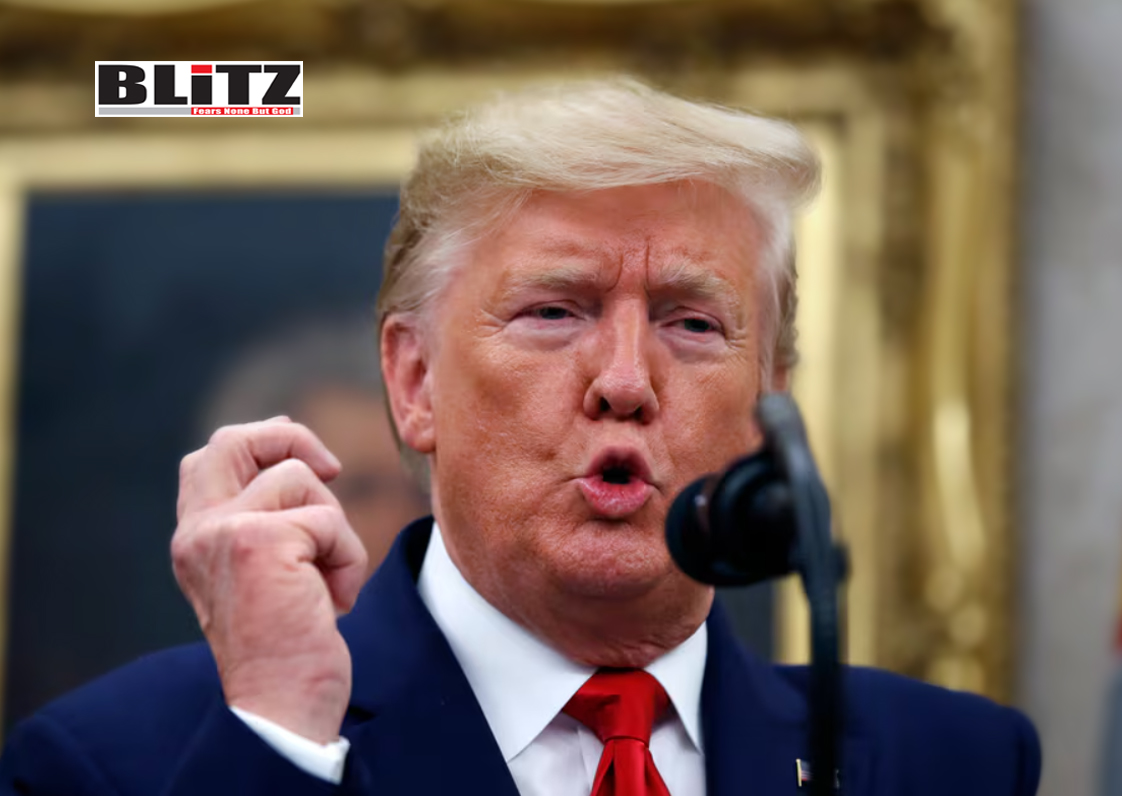
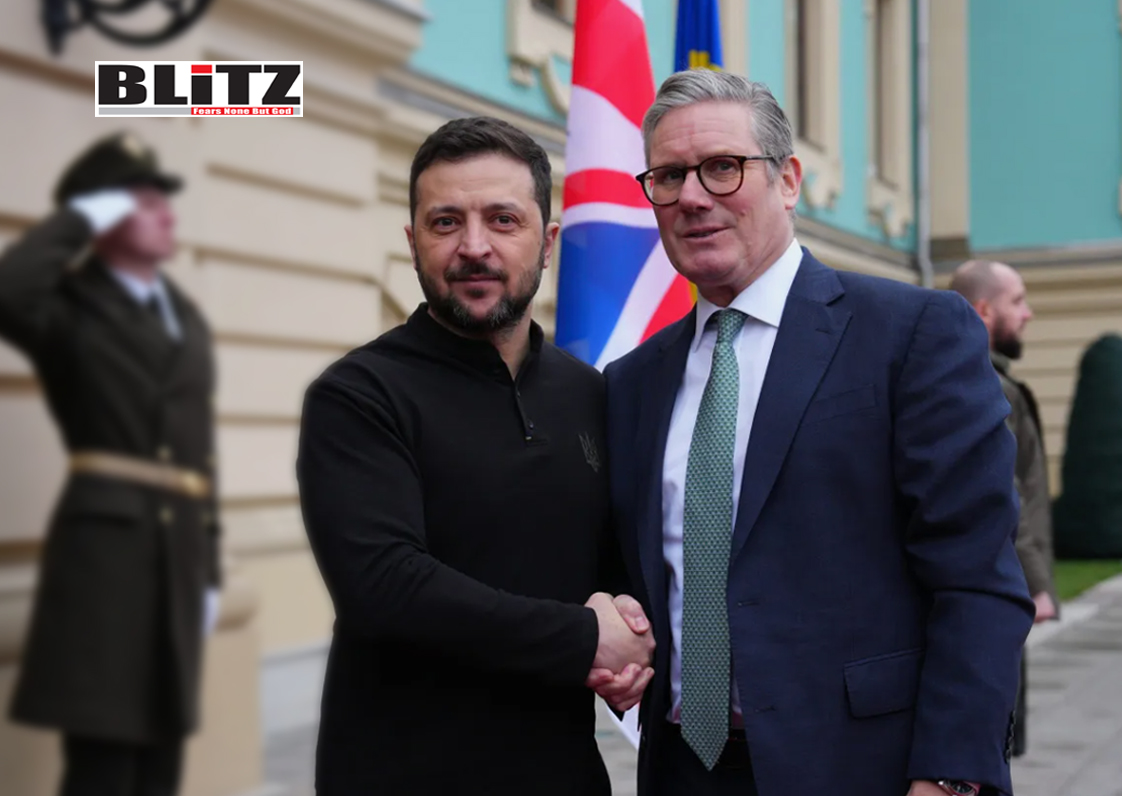
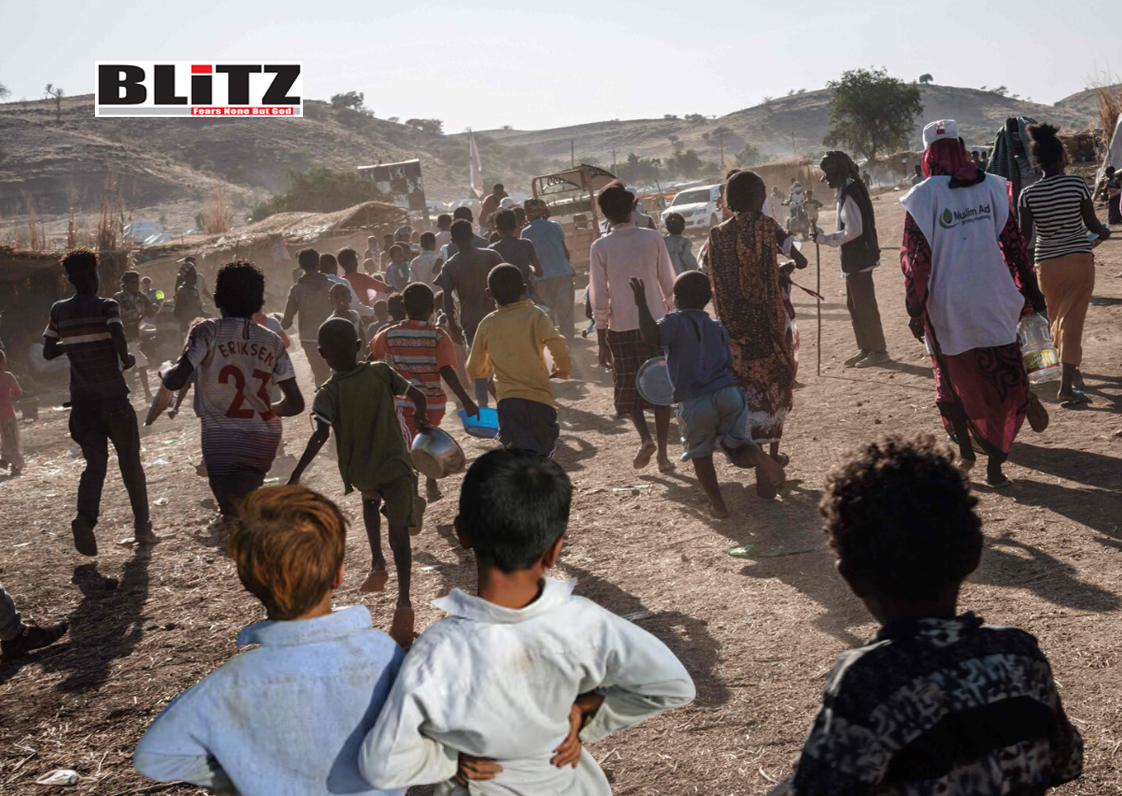
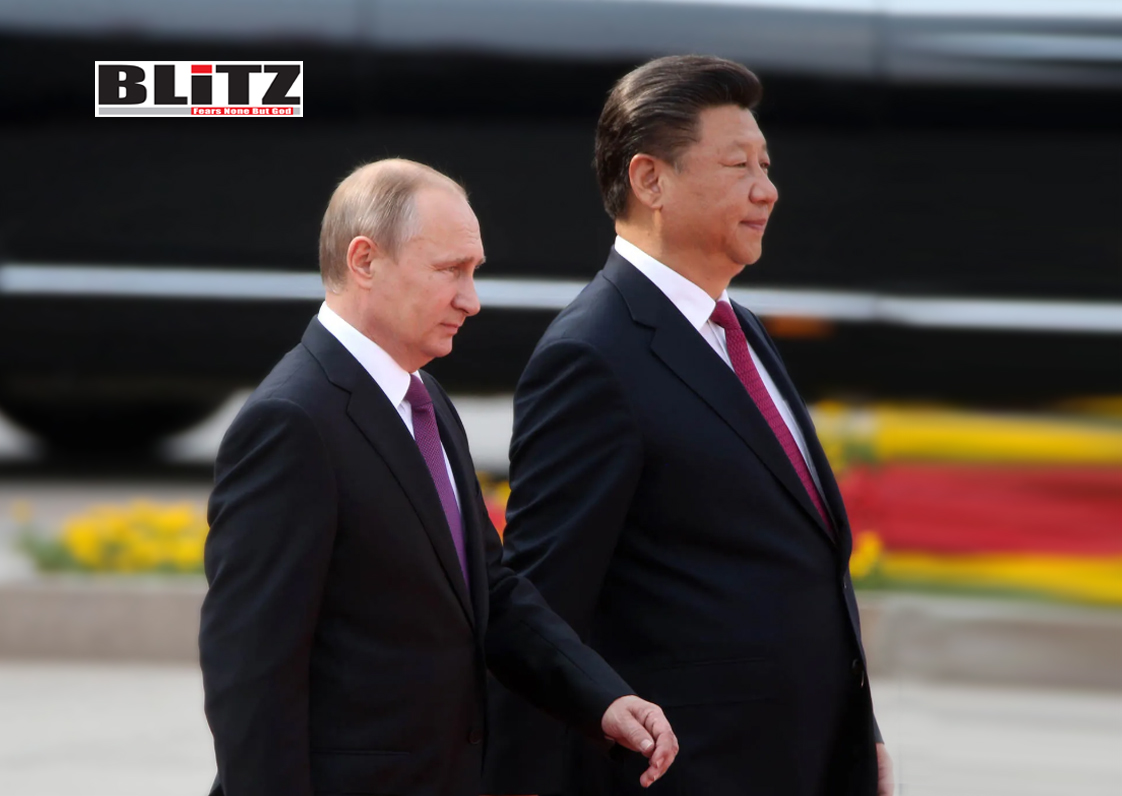
Leave a Reply